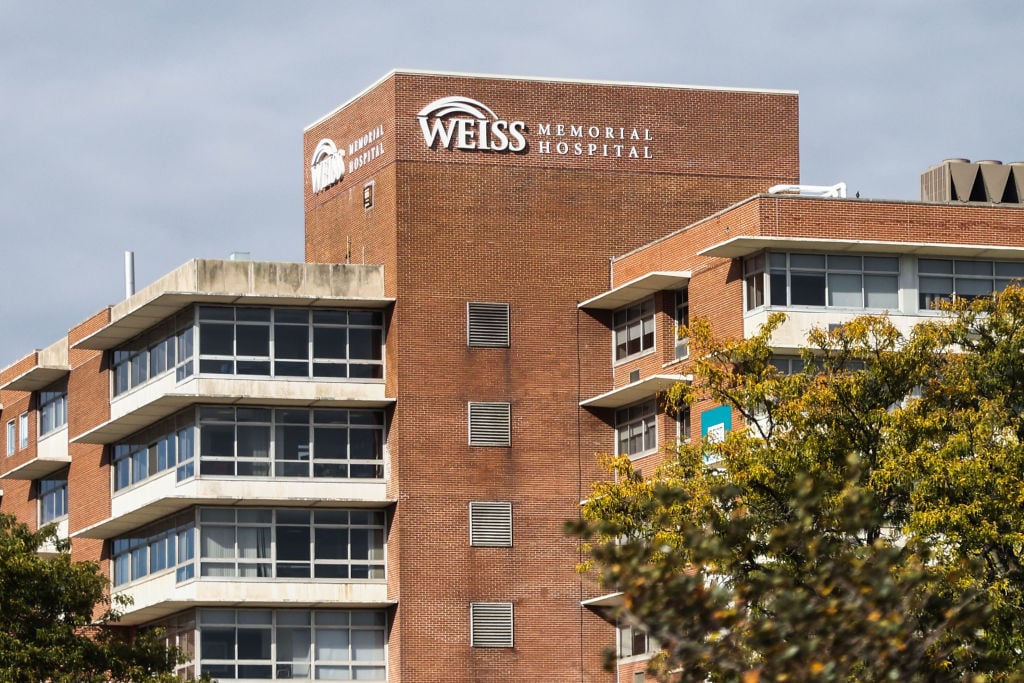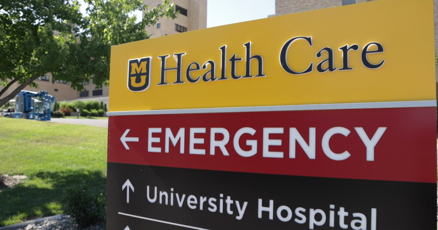Vital Care Vanishes: How One Chicago Hospital's Shutdown Exposes the Dark Side of Healthcare Corporatization

The recent closure of Weiss Memorial Hospital serves as a stark reminder of the growing trend of hospital shutdowns driven by private equity investments. This August, the Chicago community witnessed another healthcare facility fall victim to the complex financial strategies that increasingly shape the medical landscape.
Private equity firms have been systematically acquiring and restructuring hospitals, often prioritizing financial returns over community healthcare needs. Weiss Memorial's closure is not an isolated incident, but part of a broader pattern that raises serious concerns about healthcare accessibility and quality.
The trend highlights the delicate balance between financial sustainability and essential medical services. As private equity continues to reshape the healthcare sector, communities are left grappling with reduced medical infrastructure and potential gaps in local healthcare provision.
This ongoing transformation underscores the urgent need for comprehensive healthcare policy that protects both medical institutions and the communities they serve. The closure of Weiss Memorial is more than just a business transaction—it represents a significant disruption to local healthcare ecosystems.








